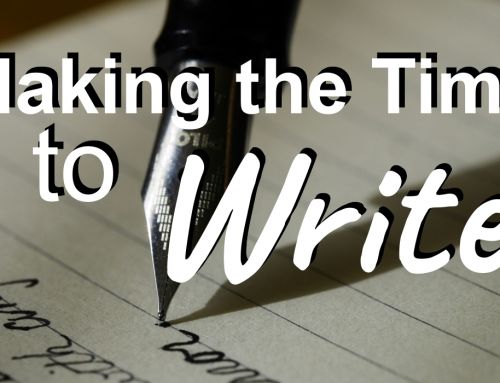I have just finished reading Michael Harris’ wonderful and thought-provoking book, The End of Absence: Reclaiming What We’ve Lost in a World of Constant Connection. Harris encourages us to take a close look at what we might be losing, as all things technological and wired encroach upon our daily lives. He argues that we are moving toward knowledge and away from wisdom, that ‘manic disruption’ and the type of multitasking our wired lives encourage can lead to incredible stress. Having worked with thousands of teens over the years I would also argue that it leads to anxiety, depression, social insecurity and a host of other problems.
I was thinking about Harris’ book as my writing students walked the labyrinth in High Park on Monday evening, lost in day dreams for which there is rarely the time these days. I thought, why can we not decide, each of us, how and when technology will be front and centre in our lives? Summer camps are wonderful places because for just a short time, kids are unplugged. They revel in face to face interaction. They day dream, tell stories and focus on just one thing at a time. I heard recently that in certain parts of the world myopia affects more than 90% of children. This is apparently because they rarely go outside, nor see distances beyond the nearest wall or the computer screen. As a result, their eyesight is permanently affected. In camps, young people are wild and free (though safe, of course). As many of you know, I run Centauri Summer Arts Camp, along with my partner. At Centauri our kids regularly watch sunsets, count stars and go cloud spinning in the fields. They see the kind of wide horizons that encourage us to dream and hope. And they don’t text, blog, listen to music or post photos on social media while they do it.
When asked whether the pressure to constantly post of social media regularly affected their direct real-time enjoyment of an event, 80 of North American teens answered yes, it did.
Let’s have less posting pics of our pretty homemade cookies, and more laughter while we make them.
Anyway, here’s the purpose of this blog: I’ve been thinking, if each of us allowed ourselves to set our own boundaries for technology (a mini revolution!) what would those boundaries be? What would I choose to tell my friends, business clients, camper families, readers? It might look something like this:
I subscribe to the benefits of both a technological and tech-free life. I will answer your emails and text messages, but never instantaneously. I will tweet and blog, but only if I genuinely have something to say. I will follow you on Facebook if you are my friend, but not religiously, nor to the exclusion of the occasional phone call to actually chat. If you send me YouTube videos of kittens playing and toddlers having temper tantrums, I won’t watch them, because personally, I consider this a waste of time. I will keep my phone with me as required for business or safety, but not when I am reading, chatting with friends, relaxing, writing, thinking or sharing time with family. When I take my daughter to the park I will play with her, and the phone will remain on silent and out of sight. I won’t use an e-reader because it doesn’t feel like a real book, and it dies if you drop it in the bath. When walking to work, I will daydream because that’s how stories and ideas are made. I will not interrupt one unfinished online task to start another, unless it is critical to do so. I will look forward to an annual writing retreat, when all technology (even my watch) is shelved, and it’s just me, a hammock and a notepad (plus a sloth and toucan). Most of all, I will be mindful of how digital devices intrude into my headspace, because that headspace is mine.
I challenge you to write and share your own Declaration of Technology Use. And if you do, I’d love to see it.



